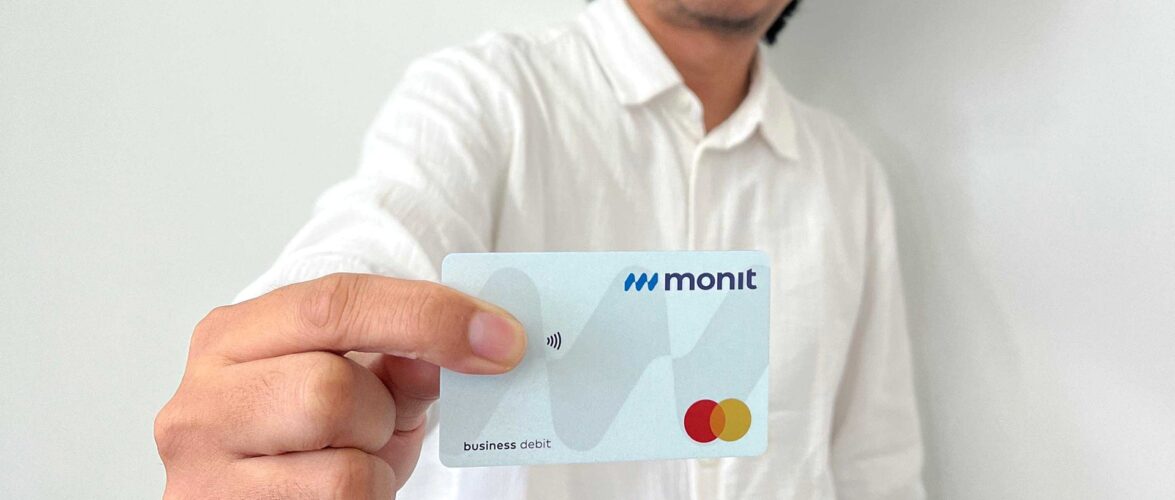With global scrutiny growing over criminal use of cryptocurrency, personal transactions bypassing formal exchanges have emerged as a major weak spot in Japan.
Overseas, authorities have begun cracking down on illicit transactions with tools like payment-tracing software. China has even announced a ban on all cryptocurrency payments and services for disrupting the “economic and financial order,” months after introducing tighter restrictions on crypto transactions and mining in preparation for launching its own digital currency.
Japan has struggled to impose effective regulations governing peer-to-peer transactions. But now, it faces pressure to develop better tools for tracking potentially illicit activities and to incorporate them into the regulatory framework.
“The dots are the accounts, and the arrows represent the flow of funds,” said Hayato Shigekawa, a sales engineer at blockchain analysis company Chainalysis, of a screen showing different cryptocurrency transactions by a real-world criminal organization.
The organization had transferred the funds hundreds of times between multiple accounts to obscure where they were ultimately going. Chainalysis was able to identify who controlled each of these accounts, based on transaction records from past criminal activity.
Experts have long warned that criminals will exploit cryptocurrencies, which can be traded using accounts that require no proof of identification. The Financial Action Task Force, an international anti-money laundering organization, recommended in 2019 that cryptocurrency exchanges share client data with one another.
Countries around the world have been cracking down on cryptocurrency exchanges. In Japan, exchanges have had to register with the Financial Services Agency since 2017. The Japan Virtual and Crypto Assets Exchange Association will issue rules by year-end on data-sharing in the industry.
But such efforts have not included personal transactions, which do not pass through a formal exchange—and which make up a significant chunk of all cryptocurrency transactions.
“It’s difficult to identify who holds or is receiving cryptocurrencies unless there is a professional exchange involved, meaning criminal organizations can exploit personal transactions,” said Kazuyuki Shiba of the Institute for International Monetary Affairs.
Tools to track such transactions will be key to combating criminal activity.
After Colonial Pipeline paid hackers the equivalent of more than USD 4 million in a ransomware attack that disrupted fuel supplies across the US East Coast, the FBI used special software to track down the payment and access the account where it was held, using the private key, according to court documents. The US ultimately recovered about USD 2.3 million in ransom.
Read more: Singapore gains from China’s strictest crypto ban
But despite growing hopes for tracing technology, criminal organizations are stepping up their own efforts to elude the authorities. Many engage in cryptocurrency mixing, where they pool funds from multiple sources to obscure the trail of dirty money. The rise of decentralized finance, or DeFi, which allows traders to do things like trade with a liquidity pool, has also made it more difficult to trace cryptocurrencies.
“At this point, it will be difficult to introduce a technology that blocks transactions before it happens,” said So Saito, an attorney specializing in blockchain and corporate law. “But repeatedly seizing payments made to criminal organizations can help deter crime.”
“The private sector needs to improve the accuracy and analytical abilities of tracing software, while governments need to urgently create a framework to introduce such software at cryptocurrency exchanges and investigative authorities,” he said.
This article first appeared on Nikkei Asia. It’s republished here as part of 36Kr’s ongoing partnership with Nikkei.




